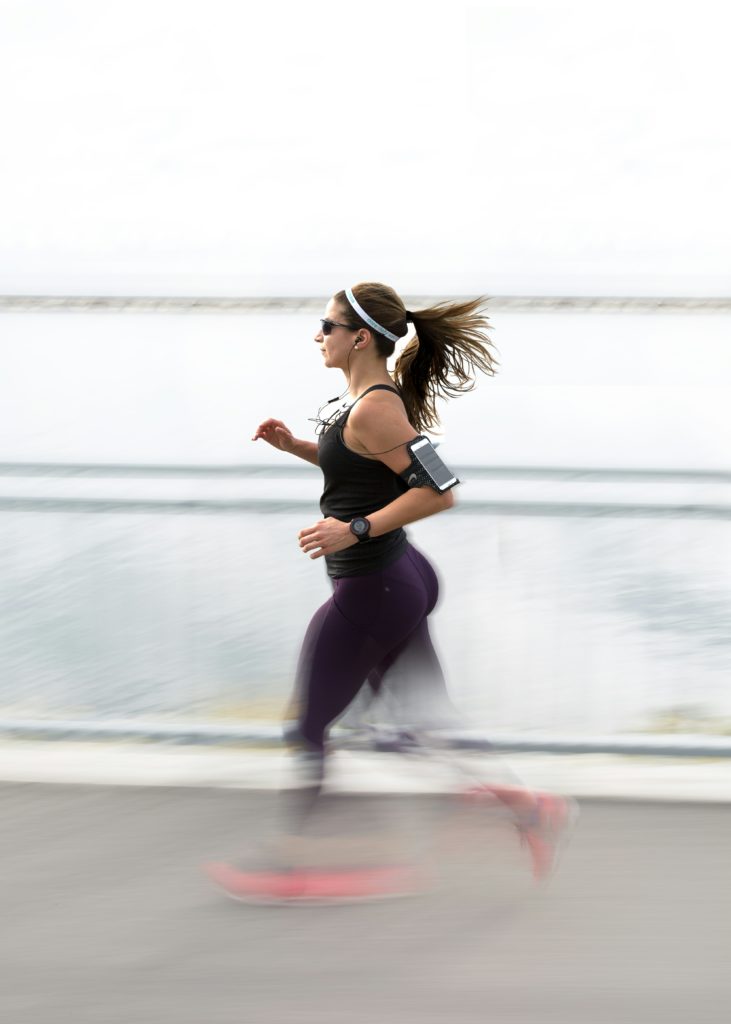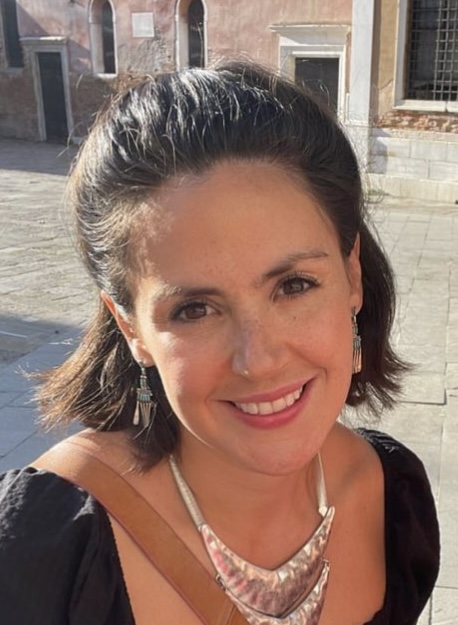By Caroline White

Photo by Filip Mroz on Unsplash
Recently, I delivered a series of lectures for the Talented Athlete Scholarship Scheme (TASS) for their network of performance practitioners, including physiotherapists, nutritionists, sports scientists and performance lifestyle advisors, focusing on issues that affect the Female Athlete.
Over the course of three weeks, I delivered talks on urinary stress incontinence, breast health and injury and the different concussion symptoms female athletes might present. One of the biggest things that jumped out to me as I was pulling together the slides and reflecting on my time working in elite sports is how much we focus on the negatives of a female athlete. Unfortunately, there are many barriers for our female athletes. We know a poorly fitted bra can affect their running by 4 cm per stride. This is about a mile if it was over a marathon distance, which is huge in competitive sport, and even for our park runners on Saturday morning.
Urinary stress incontinence is an issue which is starting to get talked about more in the last year. But I can still remember several years ago when I had a 16-year-old elite female footballer tell me she leaked urine whenever she laughed or pushed herself to maximal levels in physical performance tests. I think we can all agree this should not be happening to her and required referring for further investigation.
But there was a vast shining positive from all this. There were probably 50-65 practitioners on each of these calls. All of them were invested in working out how they could support their female athletes further, and at the end of each talk, the discussions and shared learning from the different practitioners were fantastic.
While there is still much work to be done, including ongoing research focused on female athletes, these discussions give me hope that we can shift the narrative. By celebrating the super strengths of female athletes and addressing barriers head-on, we can create a more inclusive and empowering environment for women in sports and propel them to new heights of success.

